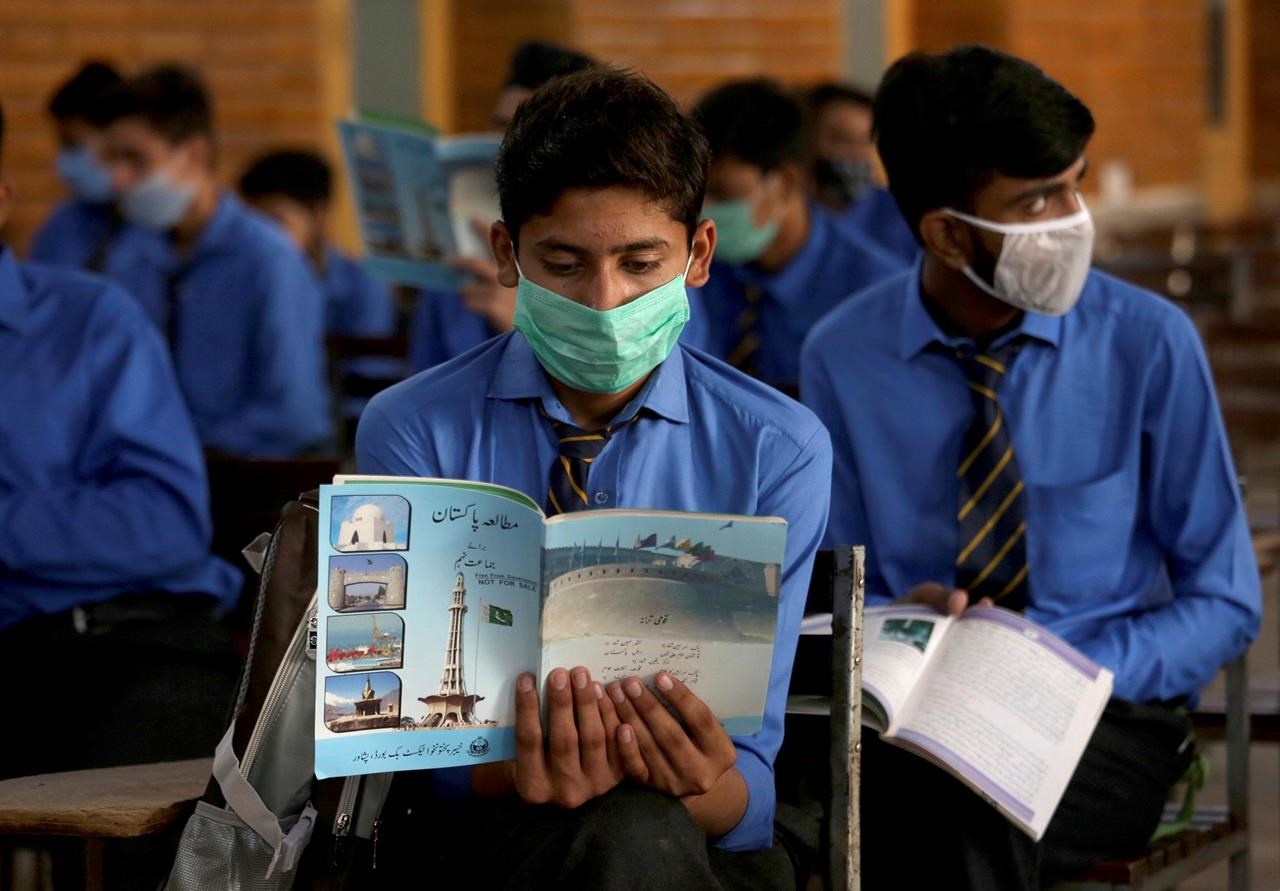Article by: Mishaal Ashraf
From economy to global mobility to social life to the educational sector, the outbreak of COVID-19 has left serious repercussions on all spheres of life. With the closure of educational institutes, first in March 2020 and then again in November 2020, uncertainty looms about whether and when life will return to normal.
The education system of Pakistan was already on precarious footing when the pandemic arrived – the reason being lack of quality teachers, inadequate infrastructure, unavailability of equip- ment, reliance on obsolete technologies, and so on. With the spread of coronavirus, it was natural that such a system would be hit hard.
Currently, one of the biggest challenges that the educational sector is facing is that of online classes. The senior management of schools, colleges and universities are working hard every day to come to a decision relating to the resumption of on-campus classes, and ways to ensure effective online teaching.
There is no denying that remote learning and remote working works very well for a large number of populations globally, and even boosts productivity for some. On the other hand, not every individual feels satisfied with their work and learning by sitting at home poring over a screen.
The number one challenge that Pakistani students are facing is the unavailability of computers. Education is a luxury in Pakistan which most people struggle to gain access to. The problem is compounded now that these people are burdened with the cost of purchasing expensive devices like desktops, laptops, smartphones etc., to attend classes.
Many bright students who would be class toppers otherwise are lagging just because of their financial inability to purchase expensive equipment. Background interviews with parents reveal many families are facing the issue of not having enough computers at home.
If, for instance, there are three school-going children in a family and all of them are having online classes, it becomes impossible for parents to ensure that all three of them can attend online classes with just one device at home.
Secondly, if a student somehow manages to get their hands on a device to take classes, the second major problem that they have to face is of Internet connectivity. Around 60 percent of the Pakistani population resides in rural areas, and it is no secret that the rural areas of our country have little to no IT infrastructure.
This lack of infrastructure is a hurdle in guaranteeing that the whole country is linked to the Internet. In urban areas, where internet is available, the connection is so poor that to maintain a connection throughout a 40-minute class becomes a challenge in itself.
Thirdly, Pakistan cannot spend much on technology advancement and development of human capital. With the sudden outbreak, the teaching staff could not get the much-needed training to operate and use technology. Many teachers are unfamiliar with ways to use computers to teach in an effective manner. This not only results in teachers being unproductive, but also affects the learning of students to a great extent.
Fourthly, educational institutes have to face the difficult question on how to conduct online examinations, especially if laboratory work is required. Making sure that students do not cheat in exams and coming up with unconventional methods of testing is an emergent challenge.
Moreover, since both teachers and students are new to the concept of online classes in Pakistan, they are facing a huge communication gap. Teachers are unable to deliver lectures properly, and students find it difficult to voice their queries and concerns. This leads to a lack of teacher-student interaction which has a negative impact on the overall learning achievement for students.
Last but not the least, homes do not provide an optimal learning environment for students, and for teachers to teach. It is quite difficult if not impossible to solely focus on productivity with so many distractions around. This results in side-tracking of students, and teachers’ inability to ensure that their students remain focused throughout classes.
None of the foregoing is to say online classes are useless. They benefit some if not all students. The new system of education gives time to students to complete courses where they were falling behind, gives the flexibility of timing, and the chance to revisit lectures if recorded. Students also take advantage of learning from a comfortable environment at home, so they can truly focus on their academics.
The long and short of the matter is that online classes are proving to be a big challenge for everyone in the country. The alternative – losing an academic year in the middle of the pandemic – is not even thinkable, especially when students around the globe are not lagging as much.
The responsibility to ensure both teachers and students have access to the necessary equipment and training to make online classes work rests squarely with the government.
Equally important, the government needs to ensure stable Internet access to every nook and corner of the country so students from all parts of the country have equal access to education. It may not be an easy task to accomplish, but it must be a government priority.










